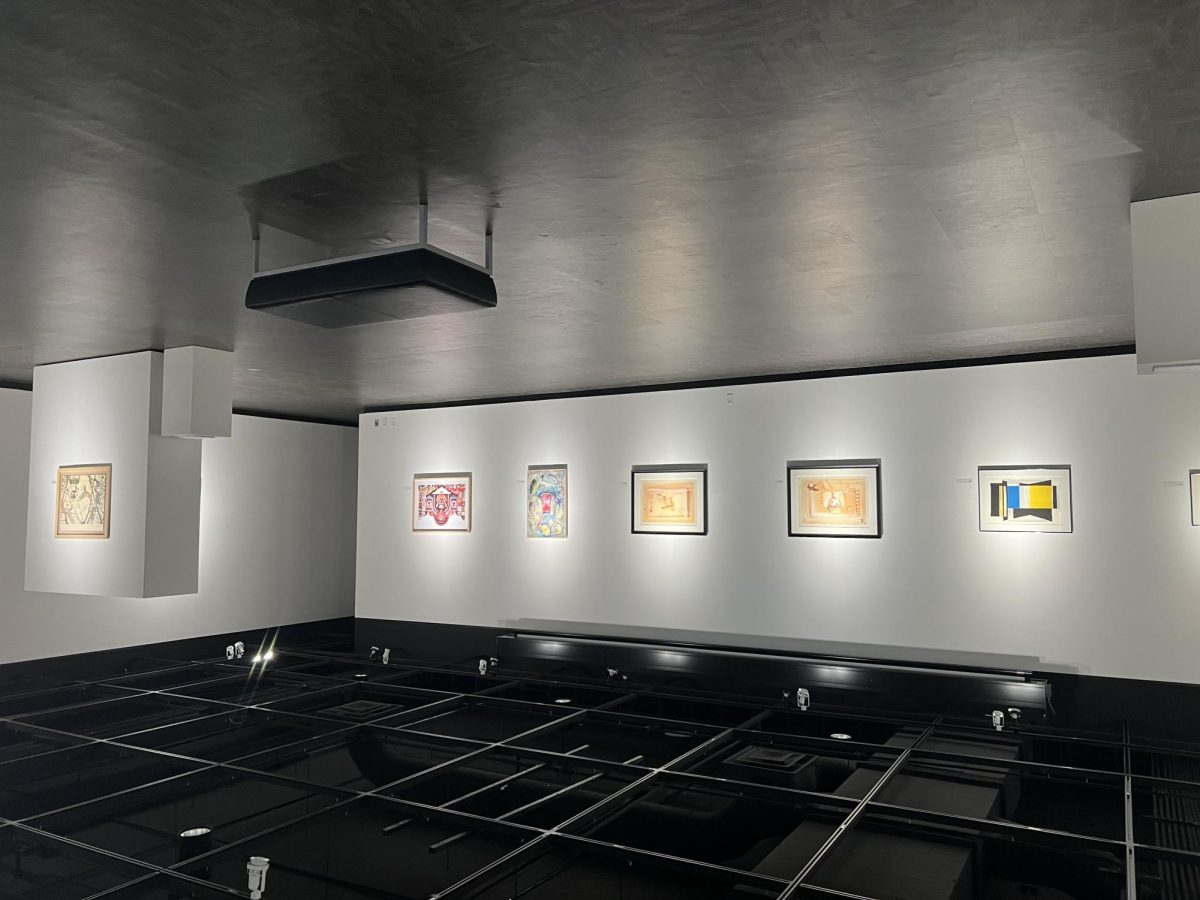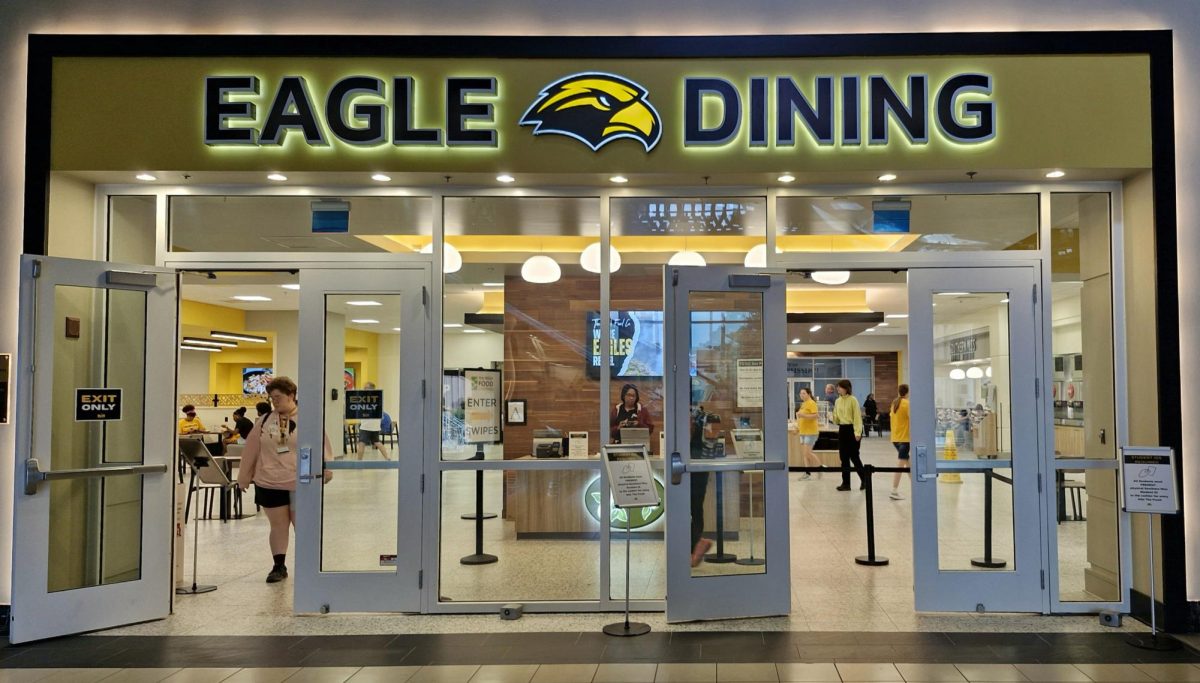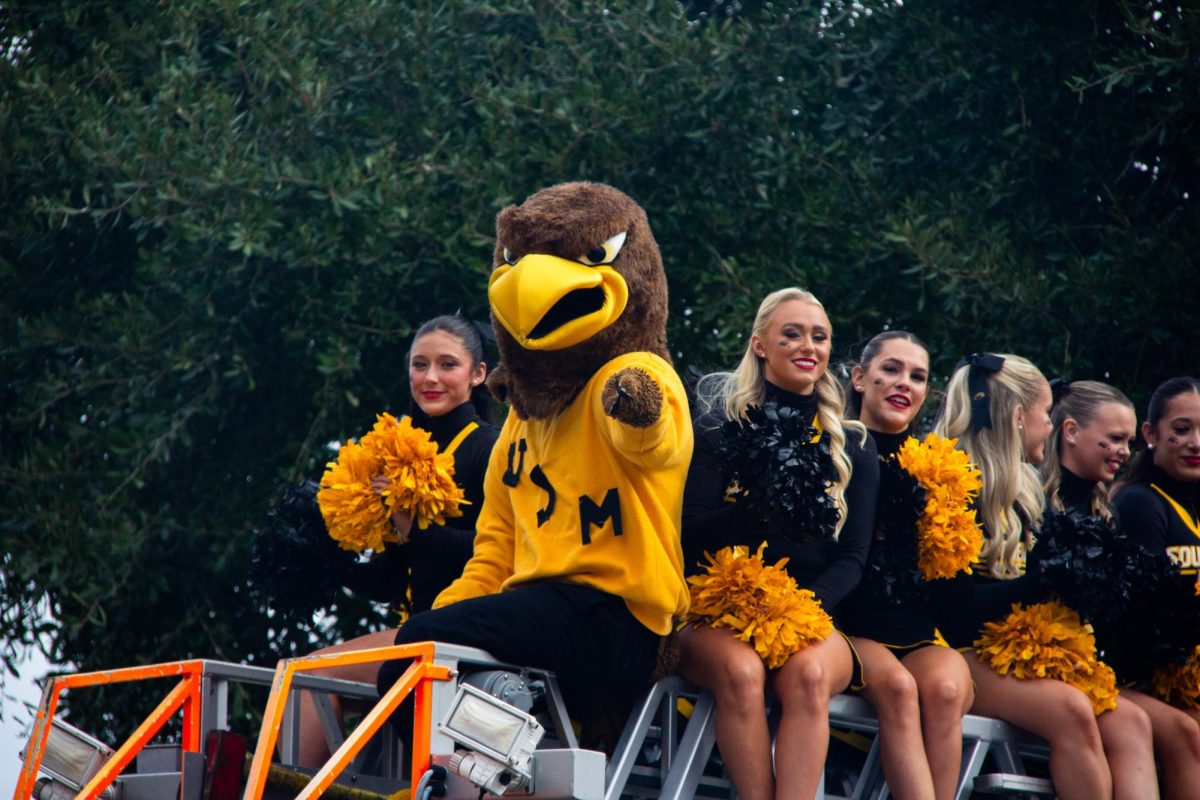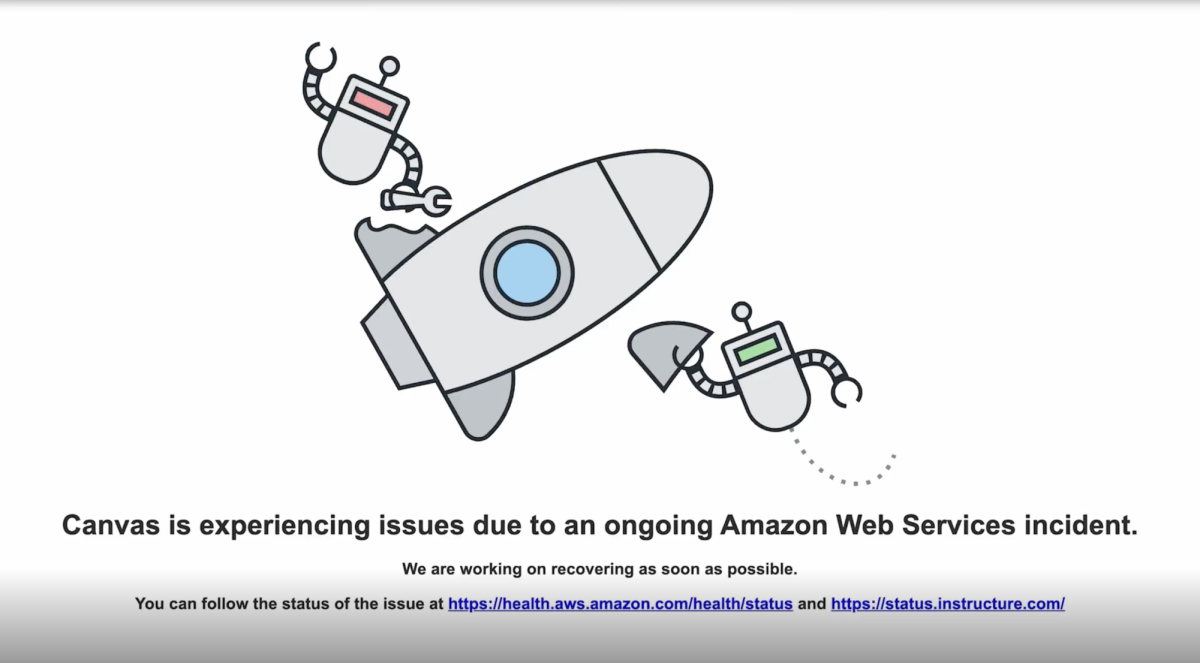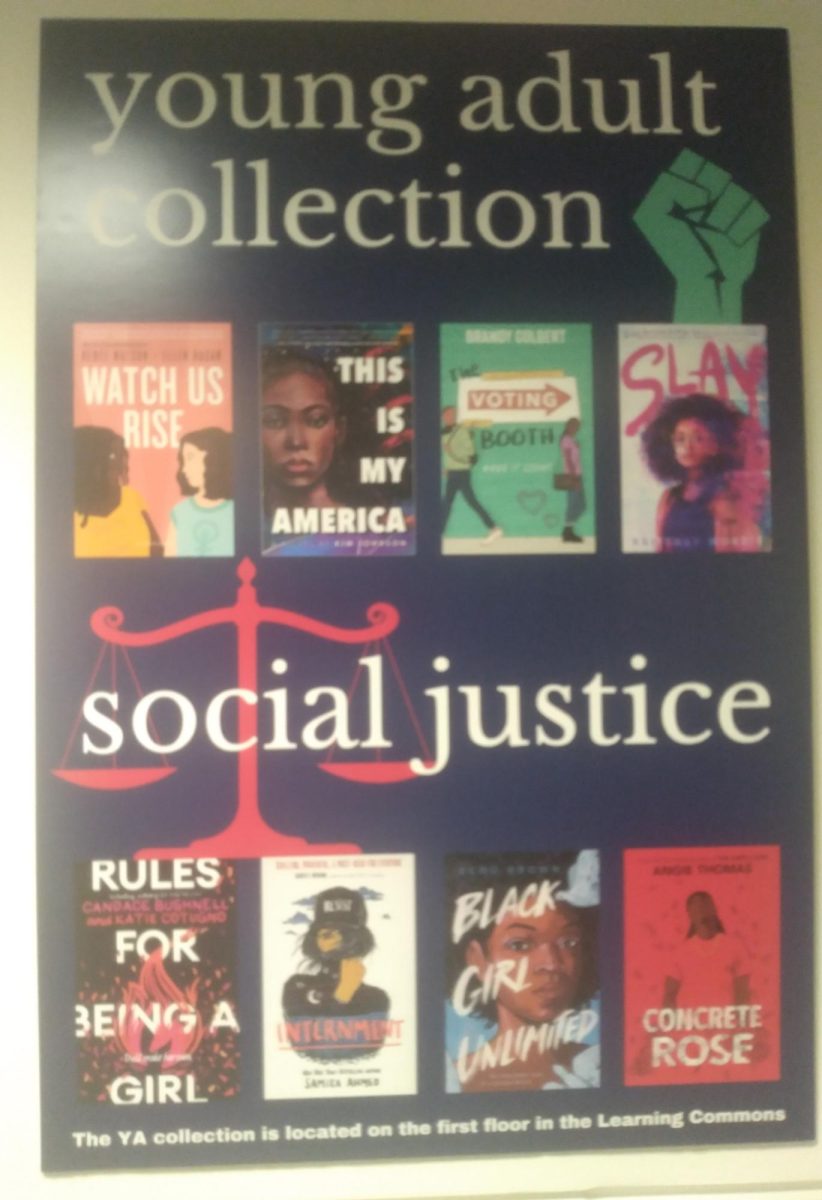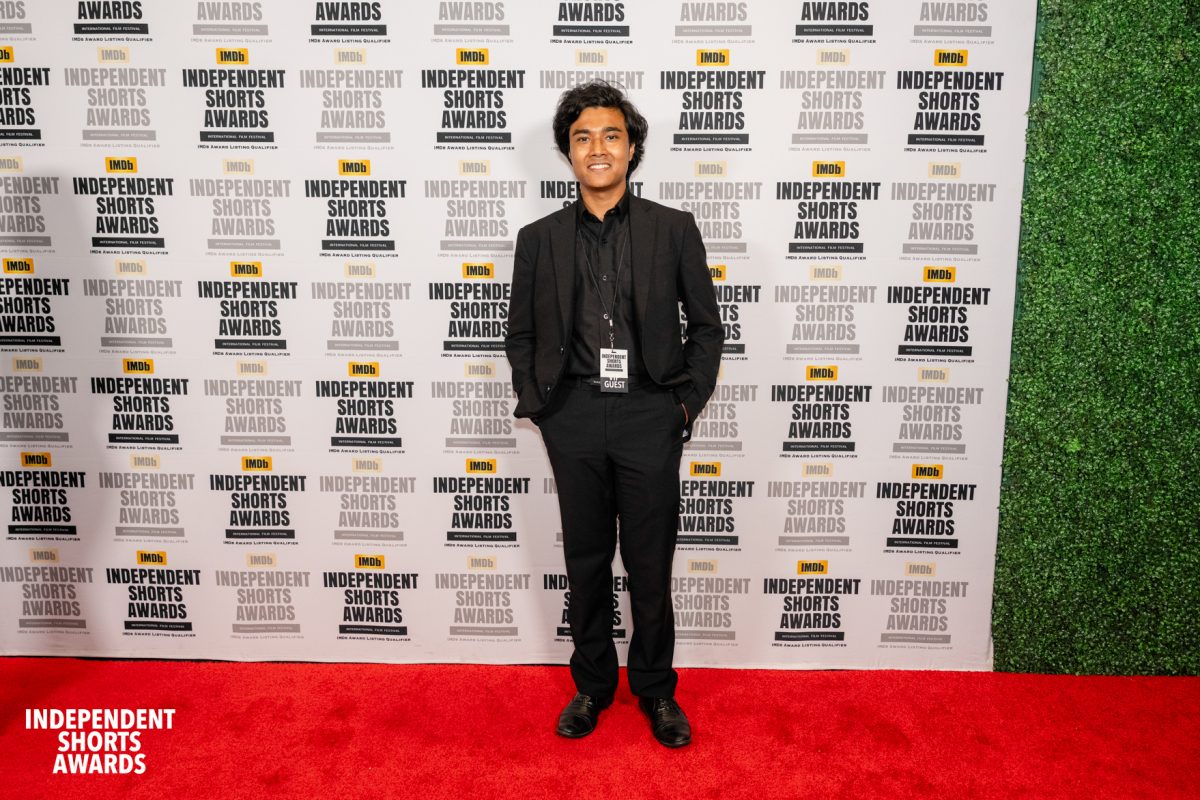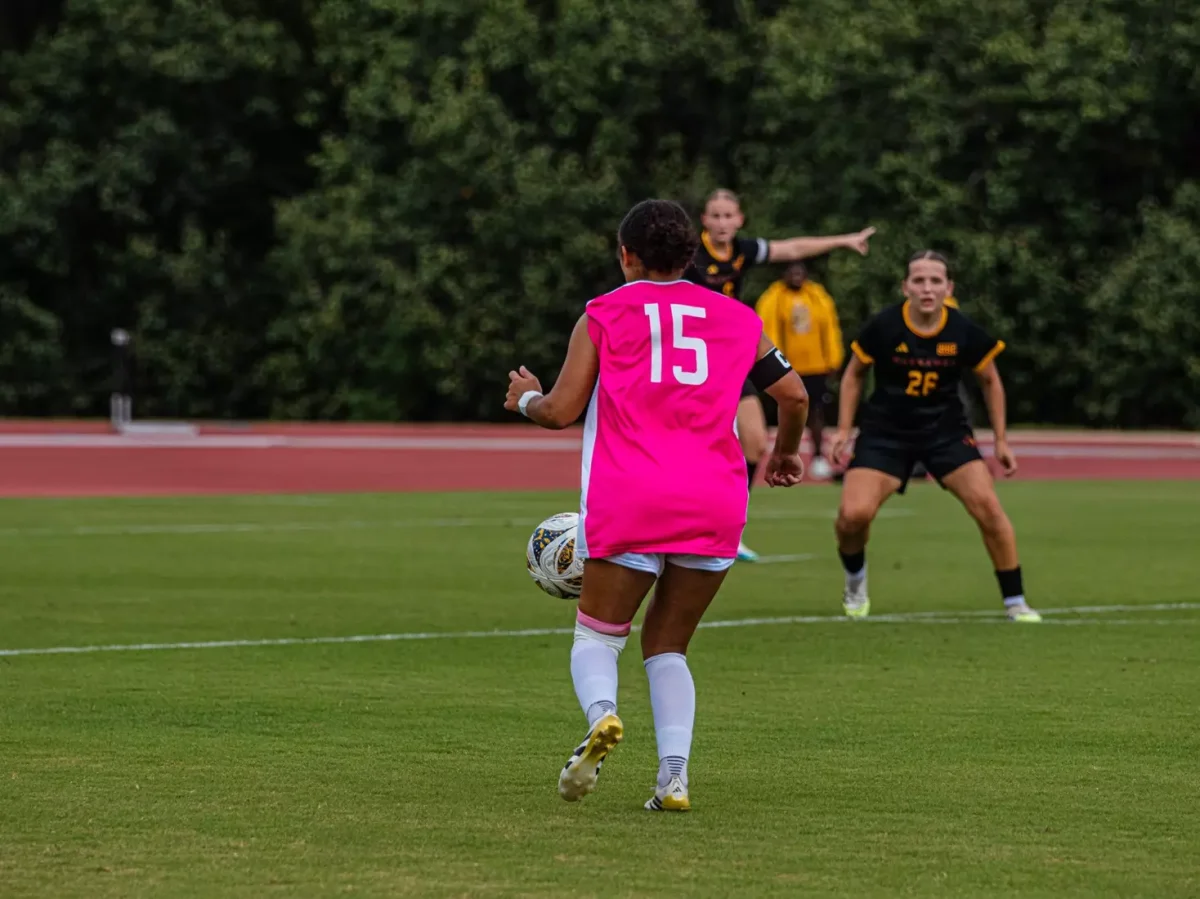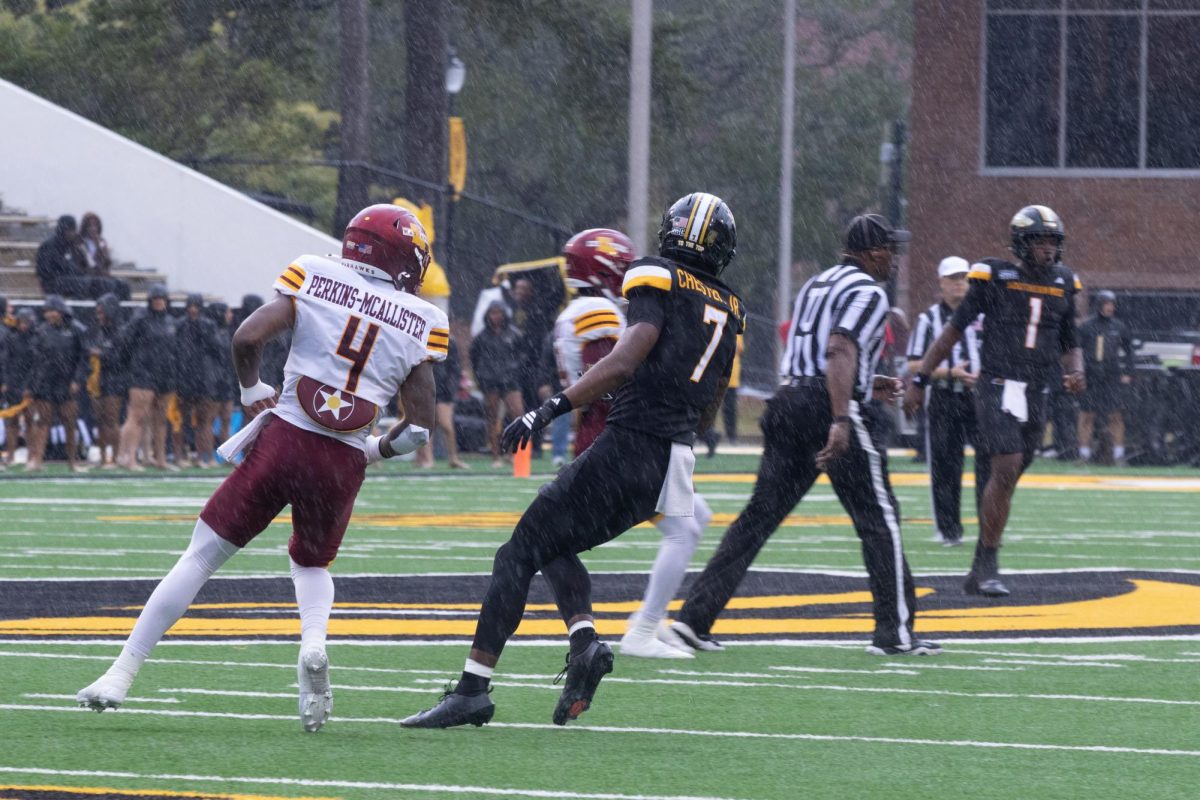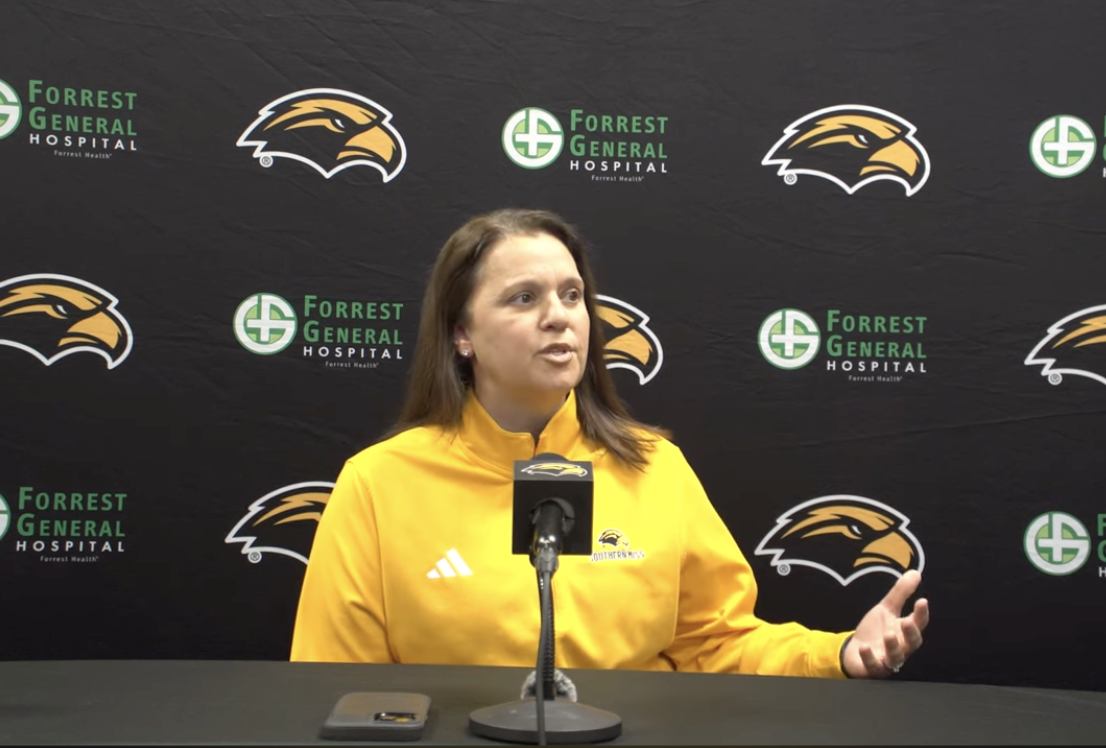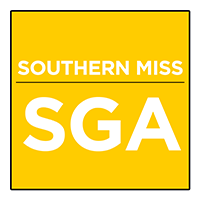The Student Government Association and Student Counseling Services partnered with 7 Cups to give Southern Miss students EagleCares, an app developed to give people free counseling services.
Eagle Cares is the Southern Miss-branded version of the 7 Cups app that provides peer-to-peer listening. Because Southern Miss partnered with 7 Cups, students have access to the app for free.
SGA president McKenna Stone said that after the first conversation, she worked with 7 Cups managers and SCS.
She said the director of SCS Denna Crawford was receptive to the idea. However, Stone said a lack of state aid left SCS underfunded, so they applied for and obtained a grant. Stone said SCS noticed that not everyone who came to see a provider necessarily needed one. She said SCS will refer students to 7 Cups if they think it will be beneficial.
“Once [branding the app] was done, and we pretty much got confirmation that it was going to happen, we got to tie a nice pretty ribbon on it. We passed a resolution through Senate to say ‘this is endorsed by the student body,’” Stone said.
SGA vice president and senior psychology major Corai Jackson said the resolution, which was proposed by a former senator, passed with ease.“To my knowledge, it passed unanimously,” Jackson said. “Not one senator voted no on it.”
Stone said any student who wishes to join EagleCares as an anonymous peer listener could.
“Not only is it a tool for students to get listened to, but it is also for students to practice listening,” Stone said. “As a listener, you are essentially on call, and you can talk to students who are in need of an ear.”
Counselor Amanda Kirtland is the counselor in charge of EagleCares and said 7 Cups trains listeners on how to be an active listener, a skill that helps to reduce stress and improve emotion regulation. She also said students have access to over 6,000 users globally. Students can remain completely anonymous and can request someone from other cities, states or countries.
“Our need for this platform came out of the culture we are in today,” Kirtland said. “People like things that are convenient, that are available 24/7, and that is exactly what this platform is.”
Kirtland also said if students have a poor experience, they can report the listener and find a new one, but she has not heard of anyone connecting with an unhelpful listener during the soft launch that happened over the break. She said she would conduct more surveys to get feedback as user numbers increase, and she expects issues to occur eventually.
“I got [the people who signed up] to fill out a feedback survey about how friendly was it, what did they think of it and what are the kinks,” Kirtland said. “Thus far, I haven’t heard anything rating negative.”
Kirtland said that if students are not ready to communicate with someone, they can choose a different path on the site, like self-help tools.
“There are a lot of self-help resources in [the app], so if you want to learn about depression, anxiety, family stuff or relationship issues, they have over 30 specialized paths that you can get into, and you can merge several things,” Kirtland said.
Jackson said, though the project was mainly Stone’s idea, she saw the merit in it. She said some students do not feel comfortable communicating face to face, and EagleCares gives them an option for help without face to face interaction.
“It is great. That is my general thought,” Jackson said. “I think it is a really great resource for students here on campus who may not feel comfortable going to student support services.”

